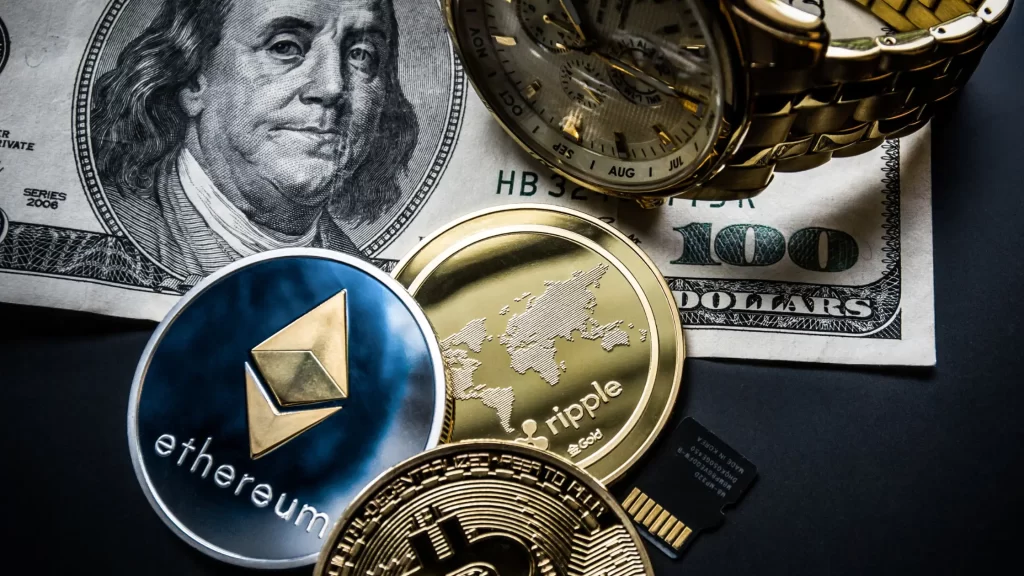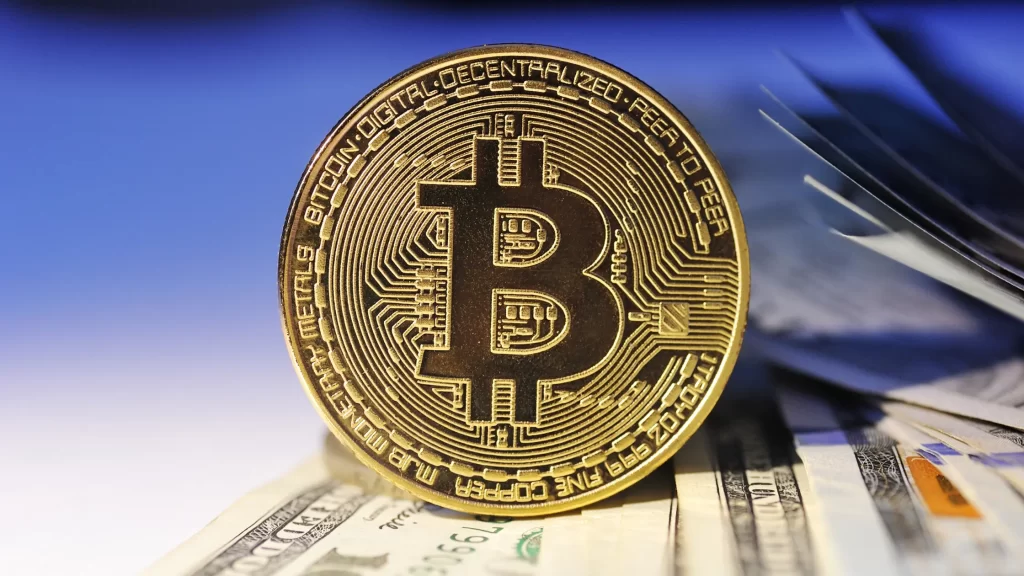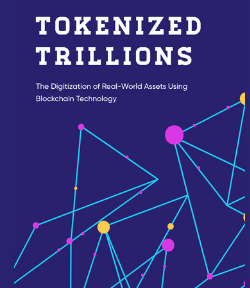
Could Bitcoin Emerge as the Global Reserve Currency After World War III?
Bitcoin’s Potential as a Global Reserve Currency in a Post-World War III Era.
Historical Context of Reserve Currencies and War
The role of global reserve currencies has been significantly shaped by major wars throughout history. Reserve currencies are those held in significant quantities by governments and institutions as part of their foreign exchange reserves, often influencing international trade and finance.
Historically, wars have been pivotal in shifting the balance of economic power and consequently, the dominance of reserve currencies. For instance, the British Pound Sterling held the title through the 18th and 19th centuries, bolstered by the British Empire’s vast colonial reach and maritime supremacy. However, the two World Wars strained the UK’s economy, and the extensive costs associated led to a decline in its financial dominance. Post-World War II, at the Bretton Woods Conference in 1944, the U.S. Dollar was established as the world’s primary reserve currency, backed by the strongest post-war economy and over two-thirds of the world’s gold reserves.

The Rise of Bitcoin in a Modern Conflict
Imagine a scenario where escalating tensions in the Middle East spiral into a larger global conflict. The current unrest between Israel, Palestine, and Iran could hypothetically draw in major powers, including the U.S., Russia, and China, among others. In such a scenario, extensive military spending and financial aid, like that from the U.S. to Israel, could necessitate massive expansions in money supply, historically leading to inflation and even currency debasement.
Amidst such economic instability, traditional fiat currencies might falter. Historically, similar circumstances have led to shifts in reserve currency status. In our imagined scenario, as national currencies weaken and trust in traditional financial systems wavers, global investors could turn to decentralized alternatives.
The Shift to Bitcoin
Bitcoin, already recognized for its attributes as a non-sovereign, hard-capped supply, global, immutable, decentralized, digital store of value, could see unprecedented demand. Unlike fiat currencies, Bitcoin is not controlled by any central authority, making it immune to policies of currency expansion. In a world where trust in national currencies dwindles due to inflation and political risk, Bitcoin could emerge as a digital safe haven.
Consider a situation where central banks, in an attempt to stabilize their economies, begin diversifying their reserves to include cryptocurrencies like Bitcoin. As more institutions and individuals invest in Bitcoin to hedge against inflation, its price could soar. With a limited supply capped at 21 million coins, Bitcoin’s value could theoretically reach the $1 million mark in response to immense demand amidst global currency crises.

The Evolution of Economic Policy Through Crisis
The COVID-19 pandemic for example, dramatically shifted global economic paradigms, compelling nations to abandon long-held austerity measures in favor of aggressive fiscal and monetary policies. This unprecedented response potentially prevented a deeper economic collapse, demonstrating the necessity of adaptable policy frameworks in crisis management.
The response to the pandemic saw a significant increase in public debt and a dramatic expansion of central bank balance sheets, reminiscent of wartime economies. While necessary, these measures have complex implications for future economic stability.
Economic growth has traditionally been the primary measure of a nation’s success, associated with advancements in societal welfare. However, the recent crises have exposed the inadequacies of GDP as a comprehensive indicator of progress. Post-pandemic recovery is revealing deep-seated global challenges that are likely to temper economic growth. These include demographic shifts, rising indebtedness, geopolitical conflicts, etc.
With the rapid evolution of cryptocurrencies and fintech blurring traditional financial boundaries, these technologies could offer profound changes in monetary policy and financial stability, presenting both opportunities and challenges.
In a hyper-conflict scenario with a multipolar world, the advantages of a decentralized currency become even more pronounced. Countries and individuals seeking autonomy from the influences of dominant national currencies like the U.S. dollar might see Bitcoin as a neutral, borderless currency that transcends geopolitical disputes. This transition could signify a monumental shift in how global financial systems operate, potentially leading to a redefinition of economic power dynamics.
Key Takeaway
While speculative, the potential for Bitcoin or similar cryptocurrencies to rise as a dominant reserve currency in the context of global conflict and economic instability highlights the dynamic nature of international finance. Just as wars of the past have reshaped financial landscapes and precipitated shifts in reserve currencies, so too could future conflicts alter the trajectory of digital currencies, elevating them from alternatives to mainstays of global economics.






